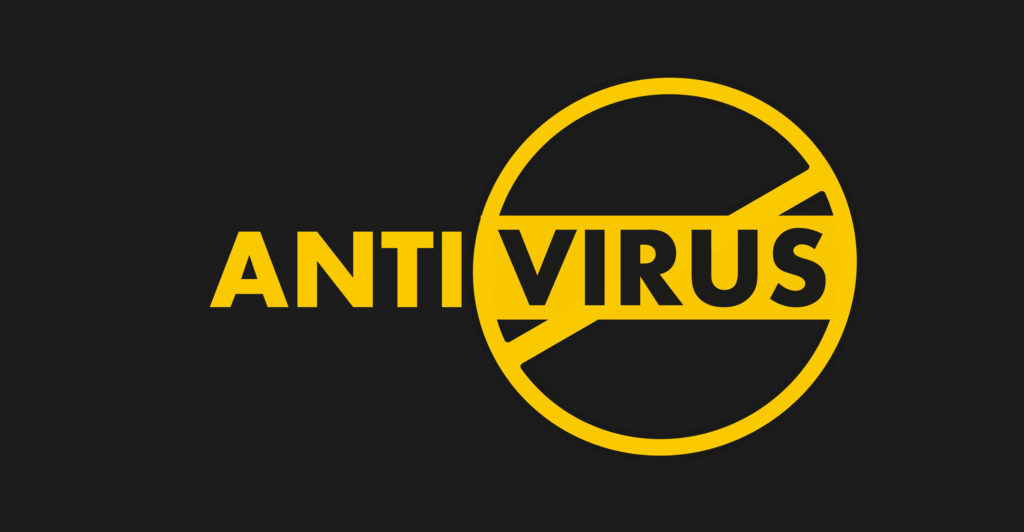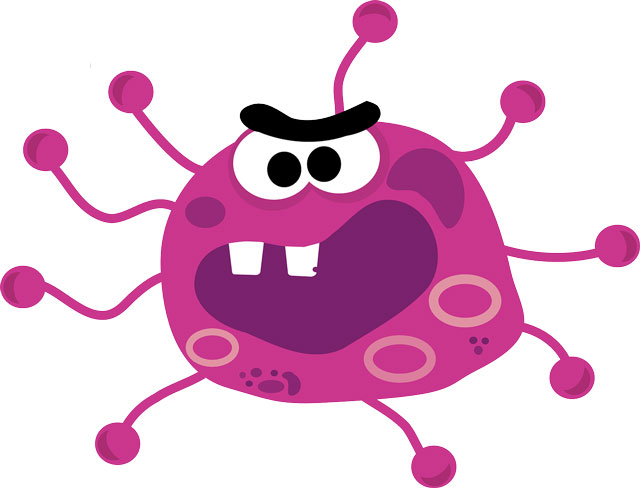Promoted | In this podcast, TechCentral speaks to Kaspersky enterprise cybersecurity advisor Lehan van den Heever about how artificial intelligence and machine learning can be used in the fight against cyber threats.
Browsing: Kaspersky
Hijacking computers to illegally mine cryptocurrencies has overtaken ransomware as the biggest cyber threat in the Middle East, Turkey and Africa, according to Kaspersky Lab.
In all the recent bombshell reports about the Kaspersky anti-virus software, it’s easy to focus on the Russian threat and miss the general context: every government that employs hackers tries to weaponise antivirus software. Government
A malicious Android app, available until recently in the Google Play store and capable of seizing root access rights on users’ phones, has been downloaded more than half a million times, according to security
In the cyber-espionage thriller Blackhat (2015), Chris Hemsworth plays a computer hacker who is freed from prison to trace a blackhat hacker – someone who breaches computer security with either malicious intent or for personal gain. As often
It sometimes seems that whenever security researchers discover some new exploit or malware that allows the monitoring of remote computers, the finger is quickly pointed at the US intelligence agencies. Security firm Kaspersky has revealed a complex
How safe is Microsoft Windows? After all, the list of malware that has caused major headaches worldwide over the last 15 years is long – viruses, worms and Trojans have forced computers to shut down, knocked Korea offline and even overloaded Google’s servers. Now, how safe
Criminals have found a way to hack ATMs and steal millions in cash, an international security specialist has warned.
A major security breach involving the theft of South African bank account holders’ details by one or more criminal syndicates may go down as one of the worst such incidents in the country’s history. Criminals infected point-of-sale terminals in South African fast-food outlets and restaurants with
After a brief sojourn, TechCentral’s podcast is back with an information-packed show. This week, your hosts Duncan McLeod and Craig Wilson talk about Google’s US$12,5bn acquisition of Motorola Mobility and consider the implications for the ongoing software










